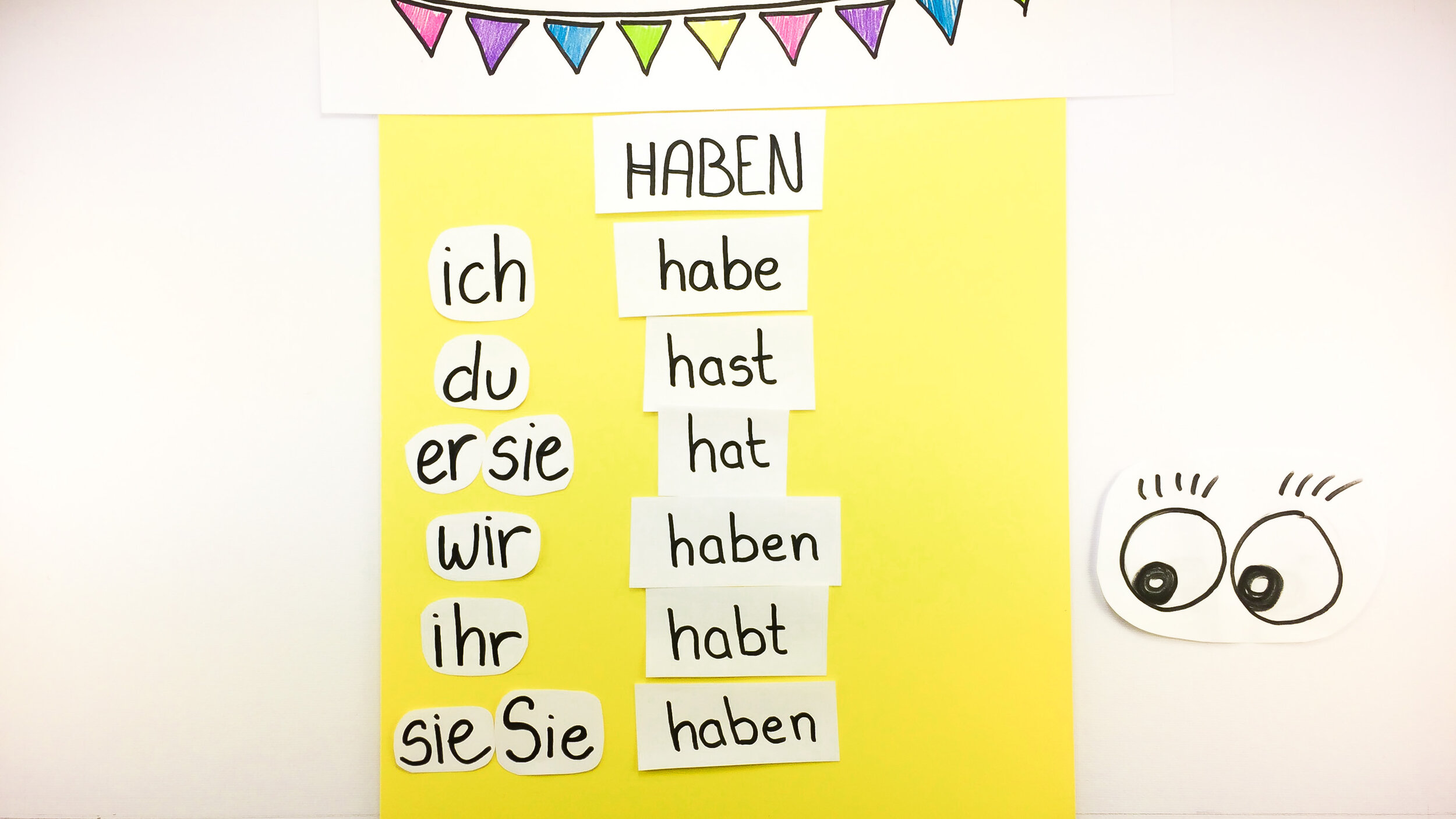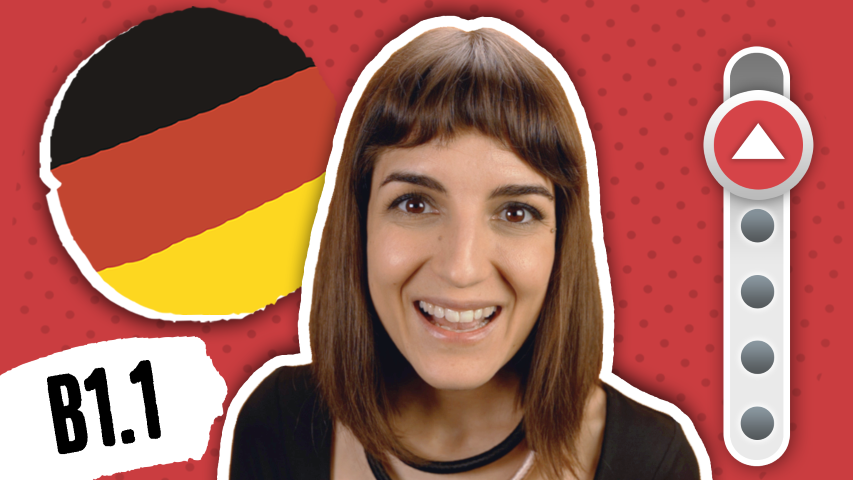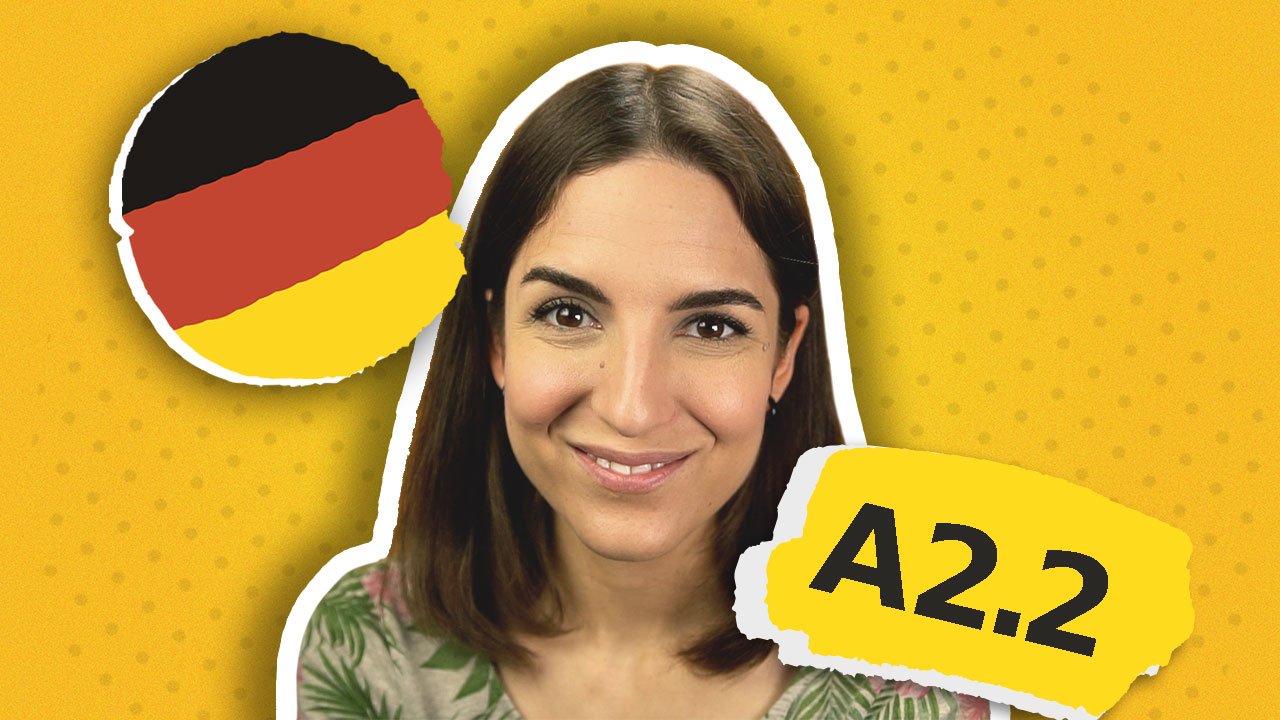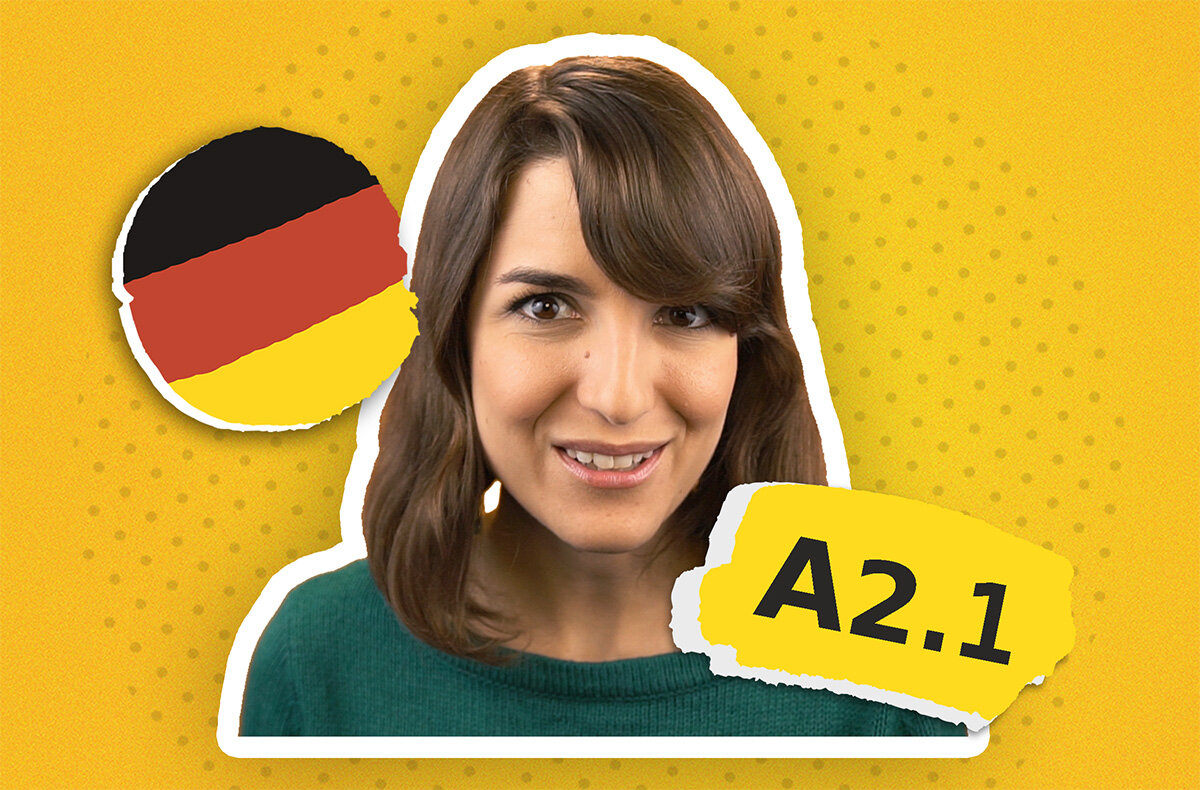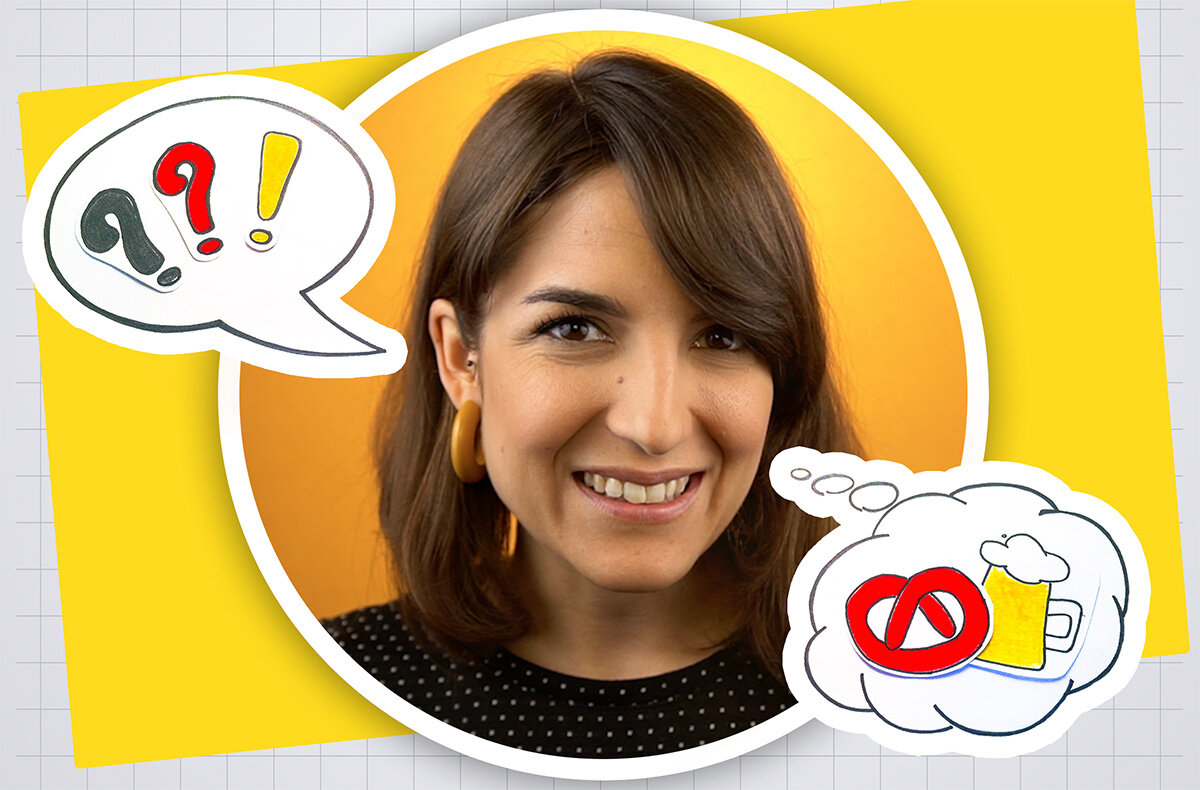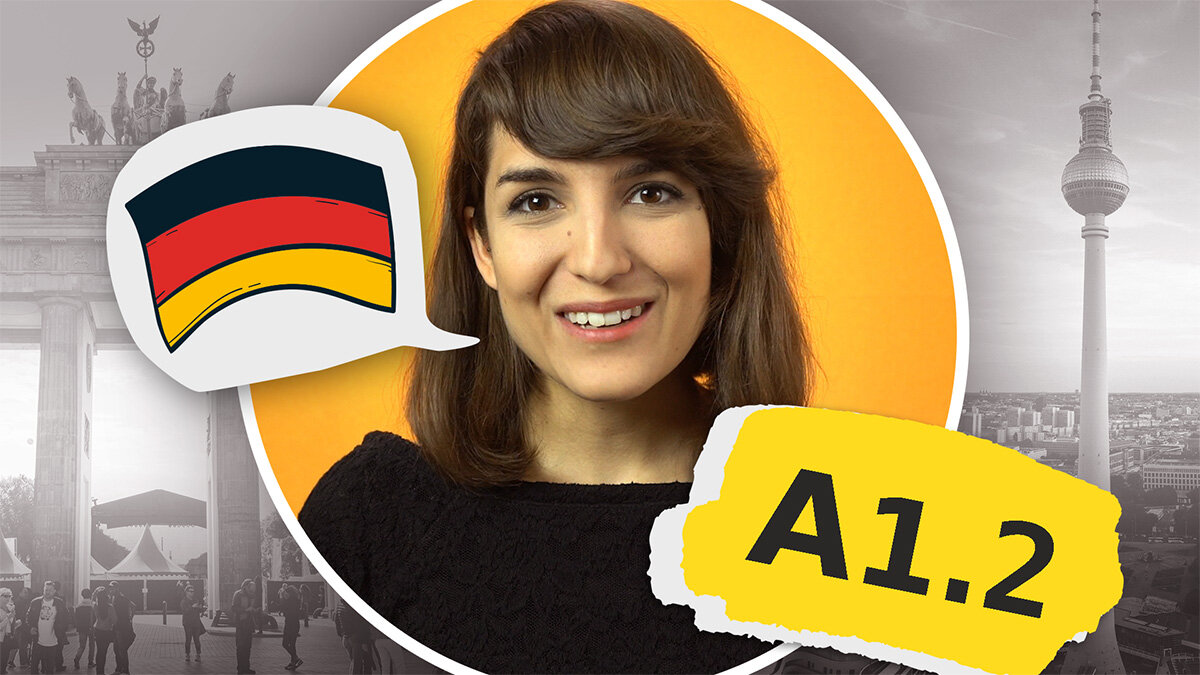The German verb “haben” (to have)
Introduction
Whether you want to say that you have siblings, try to build the past tense or want to ask if someone has a pen, you will have to use the verb haben (to be.)
It is one of the irregular verbs in the German language, which means that he will not follow the regular conjugation rules.
Let’s check the whole conjugation of the verb haben in the present tense:
As you can see from the table above, the verb will have some changes that do not fit into the regular present tense conjugation. Watch out in the second and third person singular (du, er, sie, es). There, the verb will lose the letter ‘b’ in the stem (du hast, er hat.)
And here are some example sentences with the verb in action:
Ich habe zwei Geschwister, einen Bruder und eine Schwester.
(I have two siblings, a brother and a sister.)
Hast du einen Kulli?
(Do you have a pen?)
Er hat keine Ahnung.
(He has no idea.)
Sei der letzten Woche haben wir eine neue Biologielehrerin.
(Since last week we have a new biology teacher.)
Habt ihr Lust mit mir ins Kino zu gehen?
(Do you want to go to the movies with me?)
Sie haben ein sehr großes Haus.
(They have a very big house.)
You may also be interested in taking one of our courses

